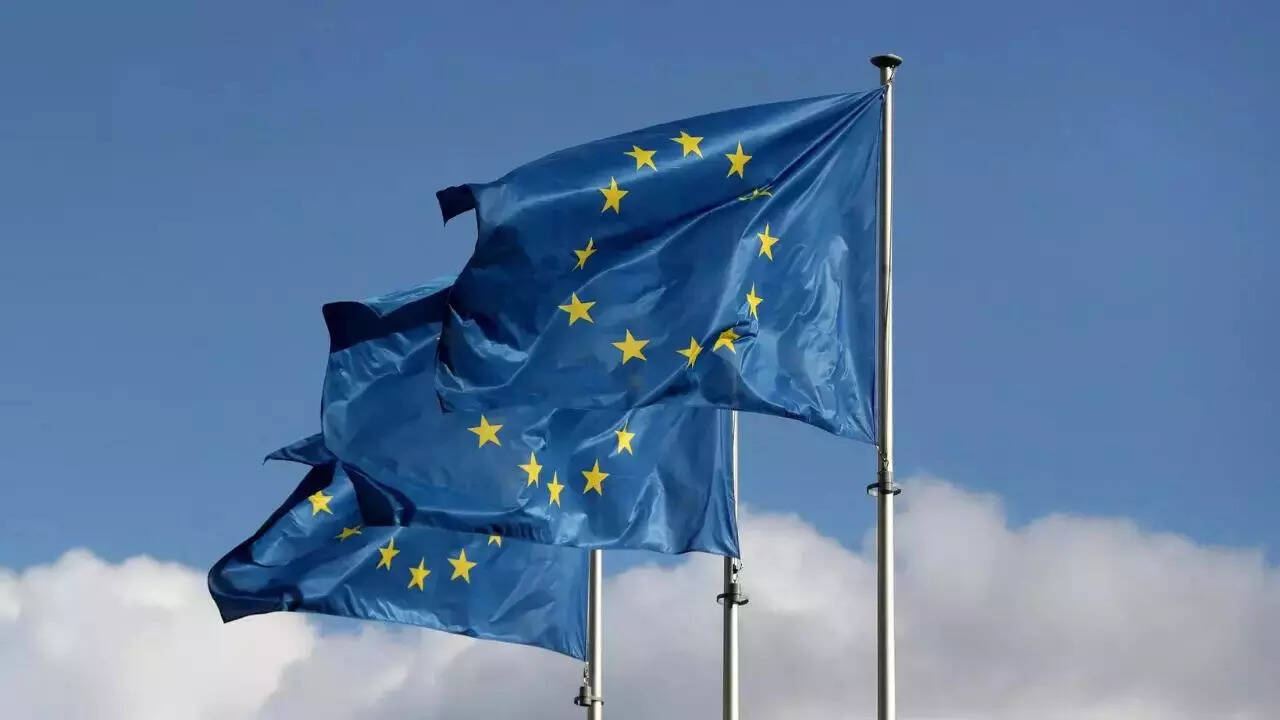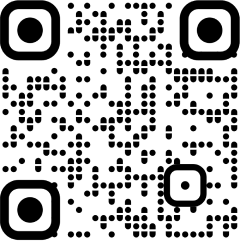
The European Union announced changes to its rules governing auctions for hydrogen grants in an effort to limit EU dependence on China in its renewable energy supply chain, the new terms published on Friday showed.
China has become a dominant force in solar and electric vehicles, and is increasingly competitive with European wind power producers. The European Commission is taking steps to limit creating a systemic reliance on Beijing with new rules, investigations and possible tariffs on Chinese EVs.
The EU’s Hydrogen Bank will run its second renewable hydrogen auction on Dec. 3 to provide up to 1.2 billion euros (USD 1.34 billion) in grants to new projects.
Earlier this year, the bank allocated nearly 720 million euros to seven renewable hydrogen projects but Europe’s industry raised concerns that the winners were relying on cheaper Chinese-made parts.
The EU’s climate chief said earlier this month the auction rules would be changed to favour local companies.
In the upcoming round, projects cannot have parts sourced from China exceeding 25% of the plant’s production capacity.
“Chinese production capacity is already more than 50% of global production… it is assessed that there is a significant risk of increased and irreversible dependency of the EU on imports of electrolysers originating in China, which may threaten the EU’s security of supply,” the term sheet said.
A much-anticipated report by the European Central Bank’s former head, Mario Draghi, warned of economic decline in Europe if it did not create a more coordinated industrial policy, sped up decision-making and increased investment to keep up with rivals the United States and China.
On the energy side, Draghi pushed a more nuanced approach to China and other cheaper competition. He suggested it would not be worth competing in industries, such as solar panels, that are already heavily dominated by foreigners and instead nurture newer ones where the EU still holds a competitive edge.
“The introduction of resilience criteria marks a pivotal moment… This bold step, aligned with the Net-Zero Industry Act and the recommendations of the Draghi report, underscores the importance of building a robust European supply chain,” Hydrogen Europe CEO Jorgo Chatzimarkakis said in a statement.
“Equally important, is the need to cut through red tape. Simplicity of implementation is an absolute must for the new mandate.”
European industry has complained for years that bureaucratic hurdles were harming expansion, particularly with the European Green Deal that introduced a raft of complex, new legislation. European Commission President Ursula von der Leyen has said cutting red tape will be one of her goals in this term.

